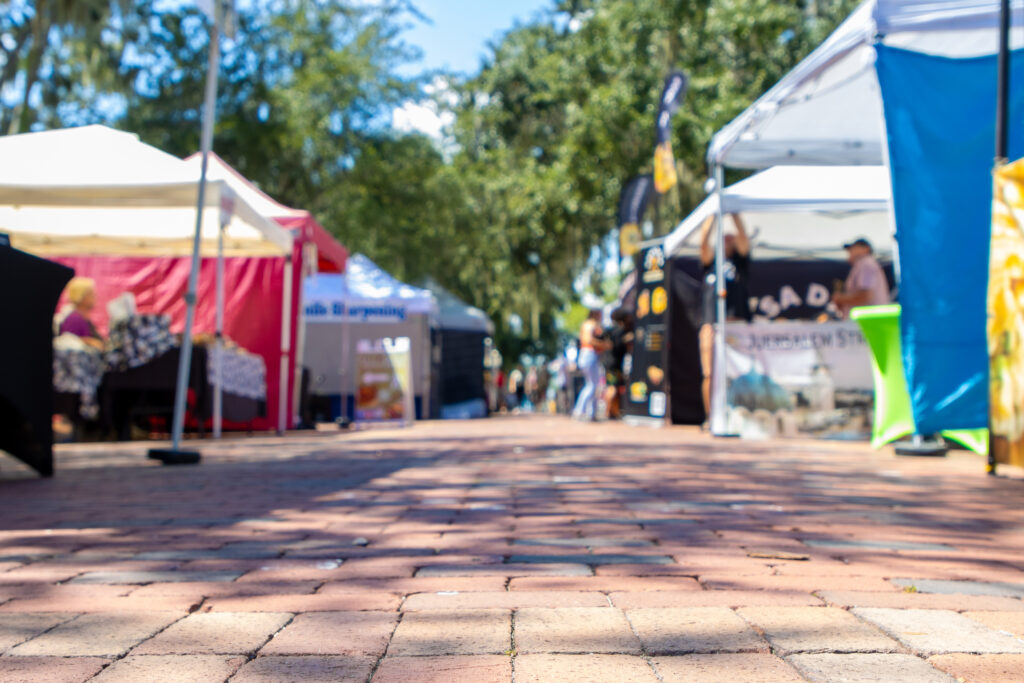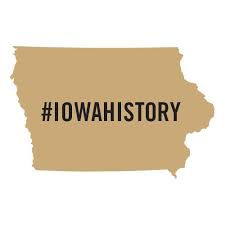Representing Iowa
Capital City Pride welcomes its largest, most diverse board in its history

When 2020 hits the history books, Capital City Pride will remember a major shift. After 43 years, Capital City Pride now has the largest and most diverse board of directors in its history — including the first all-female president/vice president team the organization has had.
“It literally happened in the matter of two to three years,” said President Jen Carruthers, who was joined this year by Vice President Hillary Gardner.
It’s part of a push in the last two years to attract a diverse, younger leadership in an authentic way, Carruthers said, similar to how she was recruited two years ago by former President Dan Jansen, now a board adviser. Carruthers is only the second female president in Capital City Pride’s recorded history, although some early data may have been lost with inconsistent records kept over time, she said.
Following the July leadership elections, Capital City Pride changed eight out of 11 existing board seats and added one more — introducing nine new members to a 34-member board, 12 of whom are voting members. The volunteer board is now 57% women-led and 36% people of color.
“Our first layer of diversity is the queer community, but obviously there’s a lot of intersecting pieces to that. [With] the Black Lives Matter movement, a lot of queer people of color are really becoming more impassioned to get involved,” Carruthers said. “We’re trying to diversify, we’re trying to evolve but that takes representation. There’s been a very authentic recruitment of people who have shown interest and encouragement.”
To do that, Capital City Pride launched a people of color (POC) council this year to give those members dedicated space to discuss POC/LGTBQ+ needs around year-round programming. The organization created a $10,000 sponsorship program to fundraise specifically for the POC council’s dedicated budget. The council has already introduced a racial bias awareness training once a quarter to help board members identify operating biases. A logo update for the organization introduced pink/white/blue and brown/black stripes to the familar LGBTQ+ Pride rainbow, which represent transgender people and people of color in the community.
“I don’t want anyone ever to feel tokenized. It feels pretty crappy — it doesn’t feel very good to feel like you’re not valued, you’re just being used. That’s the difference between organic and tokenized,” Carruthers said. “Not only are we giving them voice and power, but we’re also giving them some money to embark on whatever they’re doing.”
The original Pride Fest was a march from the state Capitol, past the iconic East Village bar Blazing Saddle to current-day Cowles Commons. Over the years the festival expanded; by the time Carruthers joined the board in 2017, Pride Fest’s annual event had 2,500 in attendance, but Carruthers and the board saw that the festival’s limited offerings weren’t engaging the wider LGBTQ+ community in Central Iowa.
“What we found is that we went to Pride and didn’t feel like we saw ourselves there. It wasn’t very diverse,” Carruthers said. “Even the offerings of what is available to do — there’s a lot of people in our community that are married; we’re the third state to legalize gay marriage. Some people have been married 10 years and are on kid one, two, three or four. There wasn’t anything at Pride Fest for families to show up. … We weren’t growing with it.”
To grow, Capital City Pride turned to those families. Pride Fest added a community fun run and a Family Zone, with face painting, drag queen storytelling and live music. At the 2019 Pride Fest, Capital City Pride recorded more than 30,000 in attendance for the festival.
After hearing from LGTBQ+ teenagers, the organization planned to add a Teen Zone in 2020 with a DJ, roller skates and other offerings. After the COVID-19 pandemic canceled most live events this year, organizers plan to introduce the Teen Zone in 2021. Carruthers would also like to introduce a teen council in the organization, to continue learning firsthand how the organization can offer programming to LGTBQ+ youths in Central Iowa.
Despite gains in leadership, the organization lost much of its annual revenue without hosting the 2020 Pride Fest. So Capital City Pride joined 33 other Pride organizations nationally during the National Pride Stride Virtual Run, an ongoing virtual 5K/10K event that began on National Coming Out Day on Oct. 11. When participants register, $8 of every runner’s fee will support Capital City Pride, Carruthers said.
Aside from the financial support of the Pride Stride, Des Moines’ inclusion in the event also points to Capital City Pride’s success, she added.
“Almost all of the major Prides in the country are involved,” Carruthers said. “We’re one of the fastest growing Prides in the country just by sheer numbers. … We continue to expect to grow. The community has been so great getting behind us through sponsorships and partnerships that I think we’re only going to continue to get bigger.”









